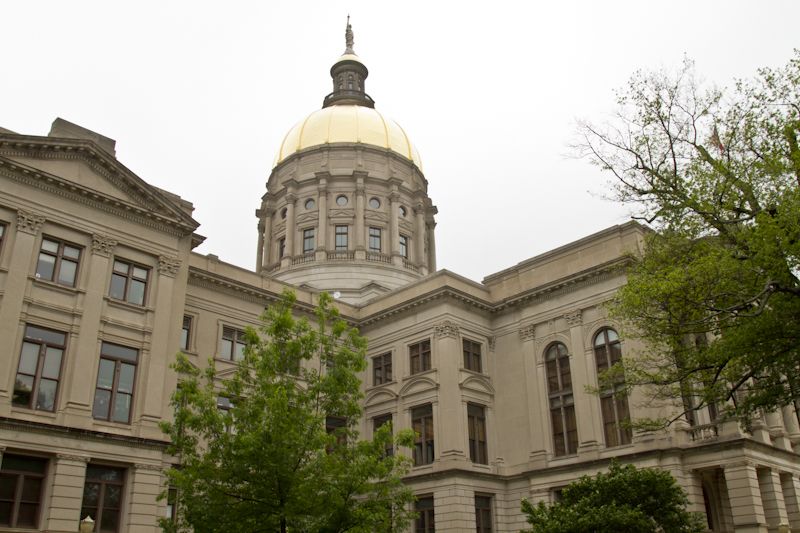 A proposed overhaul of juvenile justice laws could revolutionize the way Georgia treats abused and delinquent children, local officials told a state legislative panel Thursday. But, they cautioned, the reforms are doomed to failure without proper funding.
A proposed overhaul of juvenile justice laws could revolutionize the way Georgia treats abused and delinquent children, local officials told a state legislative panel Thursday. But, they cautioned, the reforms are doomed to failure without proper funding.
The state House Judiciary Committee on Thursday unanimously approved a 243-page rewrite of the state's juvenile code, but only after hearing dire warnings from prosecutors and a defense lawyer about the consequences of underfunding.
The bill, among many other provisions, would require that local district attorneys prosecute cases in juvenile courts. It does not state, however, who would pay the bill.
Some backers of the measure estimate it might cost up to $8.6 million, an expense that they suggested the state could share with local governments. But prosecutors said Thursday it could cost nearly $16 million to hire more than 210 new prosecutors, investigators and support staff.
Georgia pays the salaries of prosecutors in the state's 49 Superior Court circuits, with some counties chipping in more to boost salaries or pay for additional personnel, supplies or equipment. In many rural court circuits, that local supplement is already minimal.
"This bill simply would not work in my circuit," Cordele District Attorney Denise Fachini told committee members. Relying on local funding, she said, "is not workable. It's not going to happen."
Douglas County District Attorney David McDade compared the potential problems with those of the state's public defender system. The Legislature in 2005 set up a statewide funding mechanism after widespread reports of criminal defendants being sentenced to probation or prison with little or no legal assistance.
"The public defender system for many years depended on the vagaries of local funding. Ultimately," McDade said, "that system failed."
In fact, until Thursday, the House bill had exempted the state-funded public defender agency from a mandate to defend teens in juvenile court. The committee restored that requirement before passing the bill out for consideration by the full House.
That exemption, longtime DeKalb County public defender Linda Pace said, could be disastrous. She predicted that juvenile courts would wind up recruiting local attorneys with no expertise in defense work.
"A real estate attorney in Albany does not want to do juvenile defense [and] should not do juvenile defense," Pace told the committee.
A similar bill containing virtually identical language passed out of the state Senate Judiciary Committee last week. Both versions would push back the bill's effective date for a year -- to July 2013 -- to buy time to figure out how to pay for it.
Rep. Wendell Willard (R-Sandy Springs), the bill's sponsor in the House, told witnesses Thursday they're going to have to trust legislative leaders to come up with the money. He said the legislative fiscal office would have ample time over the summer to analyze the bill and project the potential costs.
"We're going to have to get some better data," he said.
Willard said Gov. Nathan Deal's office is supportive and "will listen to reason about getting funding," but added, "I can't tell you it will be state [money]."
Judges, county government representatives and advocates all gushed over the importance of passing the juvenile code overhaul, which has been in the works for close to a decade.
"I’ve been on the bench for 23 years, and practiced for 10 years before that, and it's about time," Troup County Juvenile Court Judge Michael Key said. Committee member Andy Welch (R-McDonough) promised the years of work will not be wasted.
The committee, Welch said, will do "everything we can to make sure we have funding for this."
"Otherwise," he added, "it’s just words on paper."
Photo: Clay Duda | JJIE.org
